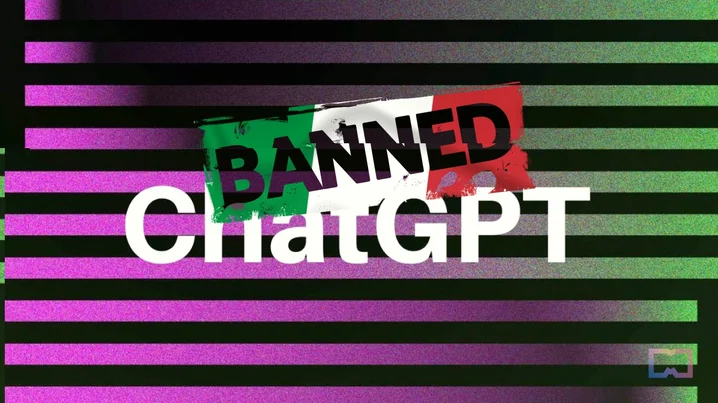ChatGPT is involved in the illegal collection of personal data, banned in Italy, Germany and France intend to follow suit, and many European countries are considering restricting its use.
Banned in Italy, Germany and France
Italian regulators banned ChatGPT not long ago, becoming the first country in the world to ban AI chatbots. Unexpectedly, other European countries have followed suit. Germany, France and Ireland have all revealed that they have learned from Italy and are considering strict supervision of ChatGPT , Spain also stated that it would not rule out the possibility of “blocking” ChatGPT. German Federal Data Privacy Commissioner Ulrich Kelber published an article in the German “Handsche Zeitung” yesterday (3rd) that the authorities may follow the example of Italy in temporarily disabling ChatGPT due to data protection considerations and seek relevant information from Italian regulators. Mention the specific actions to be carried out, and the follow-up will be determined by the German Federal Data Protection Agency after research and judgment.
In addition, France and Ireland have contacted their counterparts in Italy to learn more about the basis for the ban; while Spain has not received any complaints about ChatGPT, it stated that it would not rule out the possibility of future investigations into ChatGPT. On March 31, the Italian Personal Data Protection Agency (DPA) cited the European Union’s General Data Protection Regulation (GDPR) to block ChatGPT and investigate it. At the same time, it restricted the platform from using personal data of Italian users, accusing it of illegally collecting personal data. Although the terms of ChatGPT are marked for users over the age of 13, there is no filtering system to verify the age of users. Italian authorities require OpenAI, the developer behind it, to take measures within 20 days, otherwise it will be fined up to 20 million euros or a penalty of 4% of the company’s global annual turnover.
“Wall Street Insights” reported that GDPR is usually used to regulate large Internet companies and start-up artificial intelligence companies, while European privacy regulators are independent of the government and have great power in privacy protection, and there is no legal basis to show that they are behind the training platform. It is reasonable to use algorithms to collect and store personal data on a large scale.
However, a source pointed out that the ban on ChatGPT by Italian regulators is only temporary, with the aim of negotiating with OpenAI to resolve the possible impact of ChatGPT on data privacy, and does not intend to ban it for a long time. In this regard, both the Italian and German governments expressed disapproval. Italian Deputy Prime Minister Matteo Salvini said that “the ban seems to be too much” and may damage national business and technological innovation. He even criticized the regulator for lack of common sense, saying that “all online services Both have privacy concerns,” while a German government spokesman said there was “no need” for authorities to disable ChatGPT.




